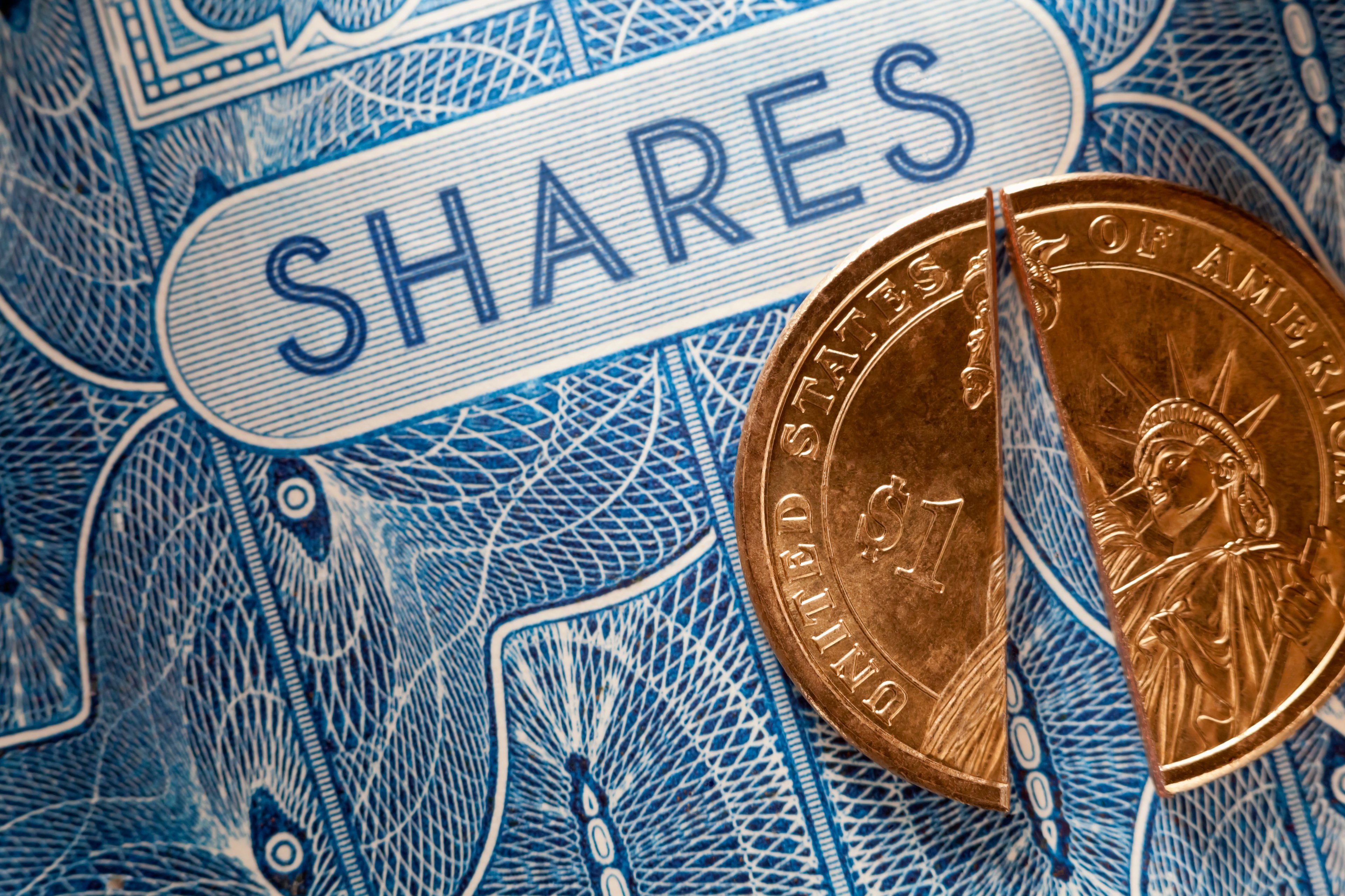As Facebook (FB 0.34%) demonstrated again last quarter with its record-breaking $4.5 billion in revenue, the vast majority of which was derived from its advertising efforts, marketers simply can't seem to get enough of the social media king. Though Facebook's stellar Q3 revenue fell well short of its digital advertising competitor, Alphabet (GOOG +1.11%) (GOOGL +1.04%) and its $18.7 billion in sales, the two behemoths continue to distance themselves from the pack.
What's driving all that digital ad growth? Naturally there are several factors, but according to some recent research, Facebook's ability to target its ads to the right person, at the right time, played a significant role in driving last quarter's 41% jump in revenue. Another key strength behind Facebook's rapid growth is not only the sheer number of marketing partners, but even more importantly the size and geographic location of its advertisers.
Survey says
A study was recently completed in which digital shoppers around the U.S. were asked their opinions on the use of ad targeting. That is, utilizing usage data, ala Facebook and Alphabet, to increase the chances that the ads a user sees while browsing online are of interest. At first glance, amassing and analyzing our online traits and interests may feel a bit intrusive -- along the lines of monitoring cell phone calls and emails that has raised the ire of so many recently.
Turns out, most online shoppers not only don't mind that Facebook, Alphabet, and others track usage to enhance results, over 60% said they "believe digital ads are generally well targeted to their interests." Clearly, Facebook's ability to amass, analyze, and implement user data to target its campaigns is working like a charm, which is why it's able to grow ad revenue so impressively without inundating its "friends" with more and more spots.
Re-targeted ads -- spots for Internet sites that a user recently visited -- are also viewed positively by the majority of digital shoppers. Online user's willingness to respond to targeted, relevant ads certainly bodes well for Facebook, but the research turned up something even more telling that should bring a smile to shareholders.
Combined, over 70% of adult digital shoppers said they were more likely to respond to an online ad from a local business -- referred to as "geotargeting" -- than a big brand name, which suits Facebook perfectly.
Right place, right time
As COO Sheryl Sandberg mentioned last quarter, Facebook boasts over 2.5 million advertising partners, the majority of which are small and medium-sized businesses (SMBs). Sure, Sandberg has been asked many times about the steps Facebook is taking to woo the big brands, but she made it clear SMB's are where Facebook's bread is buttered, and that's not likely to change.
Facebook's bevy of SMB advertisers is right in line with the more than 70% of digital shopper's that prefer spots from small, local businesses. But why stop at 2.5 million SMBs? As of last quarter, over 40 million businesses -- most of which are SMBs -- had active pages on Facebook, and over a million have already posted a video on their page. In other words, most of those 40 million SMBs with active pages are not counted among Facebook's paying advertisers, and that equates to a world of opportunity.
No, SMB ad sales don't have the same pizzazz of the big brands that reportedly shelled out $1 million a day for the "right" to participate in Facebook's video ad testing phase last year. But what SMBs bring to the table is something the national chains simply can't: sheer volume, and an even better return on investment for Facebook's small business marketing partners, as demonstrated by shopper's preference for geotargeting.
Like Alphabet, Facebook isn't devoid of big ticket advertisers, and the increased use of high-end video spots may very well bring in more name brands. That said, Facebook didn't grow revenue over 40% last quarter because of the big hitters: its future lies with millions of local SMBs.








